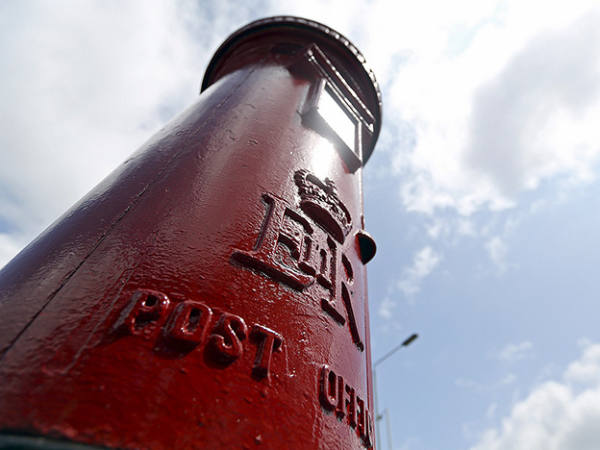Remember Flybe? Less than three months have passed since easyJet (EZJ), Ryanair (RYA) and International Consolidated Airlines (IAG) rounded on the UK government and the European Commission over an emergency package targeted at saving the stricken regional airline.
The deferral of some of Flybe's tax obligations along with talk of a £100m loan drew public criticism from airline executives. Ryanair chief executive Michael O’Leary wrote to then-Chancellor of the Exchequer Sajid Javid demanding an equivalent tax break for the industry’s leading lights, in order to ensure fair competition. “Taxpayers should not be used to bail out individual companies especially when they are backed by well-funded businesses,” remarked easyJet chief executive Johan Lundgren, referring to the consortium behind Flybe that included Stobart Group (STOB) and Virgin Atlantic.
Then came coronavirus, which smashed demand for air passenger travel and prompted the government to back out of rescue talks, pushing Flybe into administration. The big airlines have responded to the outbreak with force. easyJet announced the grounding of its entire fleet at the start of the week, along with the furloughing of its cabin crew. British Airways parent IAG has also announced severe restrictions on its operations, and delayed the retirement of outgoing chief executive Willie Walsh to the end of June.
The Centre for Aviation has warned that most airlines will be bankrupt by the end of May. The government has intervened in the UK economy and its travel sector on an unprecedented scale, in an effective temporary nationalisation of rail services. So will our biggest airlines get a similar comprehensive level of support?
Will the government bail out the industry?
In one word: no. Chancellor Rishi Sunak has already told the aviation sector that “the government is prepared to enter negotiations with individual companies seeking bespoke support as a last resort”. It expects airlines to have exhausted all other options before seeking its backing, including raising capital from shareholders and engaging with lenders. Support for an airline will also depend upon its contribution to the UK economy, balanced against the need for fair competition.
The government has already acted to help airlines. They are able to benefit from furloughing arrangements, which allow them to retain their workers on their payroll while using government grants to pay 80 per cent of their wages, up to £2,500. The Treasury has also deferred VAT payments until the end of June.
What are the airlines doing?
No listed airline has publicly requested a government bailout. But Sky News has reported that Virgin Atlantic has sought a £7.5bn industry bailout, while trade bodies Airlines UK and the Airport Operators Association have written to the Chancellor, urging him to “change tack and start to engage on a sector-wide basis before it’s too late".
If the government is to maintain its commitment to ‘levelling up’ the UK’s regions, some assistance for smaller, struggling regional airlines may be necessary. The unprofitability of some routes will render them unattractive to the bigger players. Runways at various regional airports are too short to accommodate the Boeing 737s and Airbus A320s used by the larger airlines, according to Peel Hunt transport analyst Alex Paterson.
Another Flybe-style package from the UK government would likely draw ire from Michael O’Leary, although the survival of UK’s regional air travel should arguably rank higher than the liquidity of an Irish carrier in the priorities of this administration.
But IAG and easyJet have options that should negate the need for the government to take a stake in their companies or offer a loan. Measures such as Willie Walsh’s 20 per cent pay cut are symbolic, as the big airlines furlough staff, rein in capital spending and slash all non-essential expenditure.
They are all well-capitalised businesses. At last count, IAG had total liquidity of €9.3bn (£8.28bn), including undrawn general and aircraft-backed financing facilities of €2.1bn. Ryanair had cash and cash equivalents of over €4bn. On 16 March, easyJet said that it had £1.6bn in cash and an undrawn $500m (£403m) revolving credit facility, and was able to fund a £174m dividend payout on 20 March. Such largess will not go unnoticed in any plea for government backing.
Airlines may also be able to defer some contributions into their defined benefit pension schemes, following new guidance from the Pensions Regulator. This would particularly free up capital for IAG, which paid €870m into its pension schemes last year.
But in return, the regulator expects a halt to dividends and other forms of shareholder reward. This would claim IAG’s proposed final dividend of €337m, due for shareholder approval in June. Stopping pension contributions would also likely damage an airline’s reputation and encounter trade union opposition.







